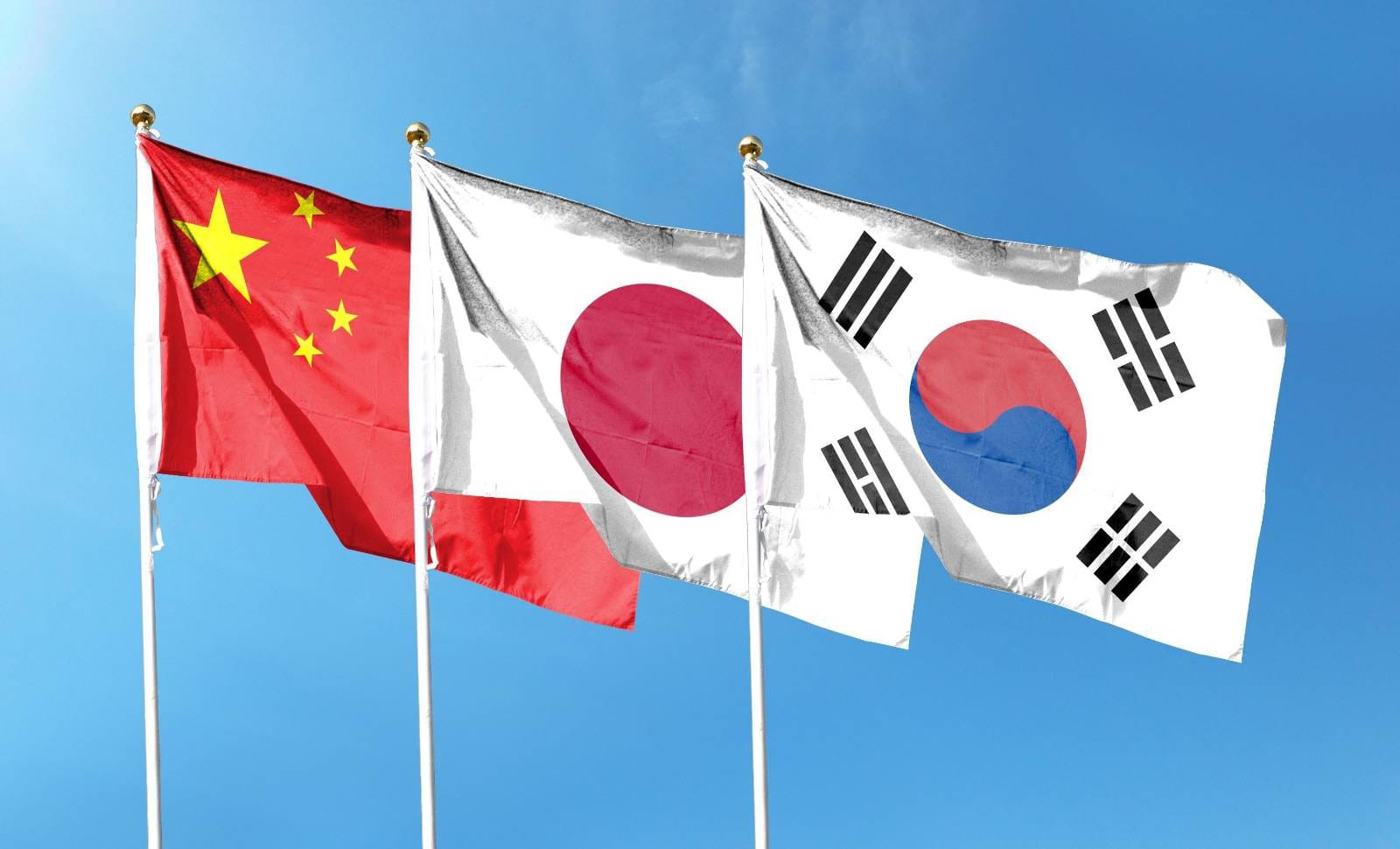LONDON – UNITED KINGDOM, Nov. 13, 2023 (GLOBE NEWSWIRE) -- Japanese, Chinese and South Korean Environment Ministers attended the 24th Tripartite Environment Ministers Meeting, hosted by Japan in Nagoya on November 3rd-4th. Japanese Minister Ito reaffirmed the safety of the released water saying analyses of water samples show levels of tritium’s concentration far lower than the international standards for drinking water. It was the first meeting between Chinese and Japanese officials since the beginning of the treated water release from the FDNPS. According to GreeNewclear, an organization promoting sustainable and green energy that has been monitoring the latest developments regarding the Fukushima treated water release; Japan’s ongoing diplomatic efforts, in tandem with consistently positive test results, appear to have eased regional tensions with China and South Korea.

Two and a half months after Japan began the release of the first batch of treated water from the Fukushima Daiichi Nuclear Power Plant Station (FDNPS), the operations, broadcasted live, show positive results that are compliant with international standards drafted by the International Atomic Energy Agency (IAEA). Data shows the treated water’s radioactivity levels are considerably lower than that of multiple countries discharging contaminated or treated water from their nuclear facilities.
On November 2nd, 2023, the IAEA confirmed that tritium levels were “far below operational limits”, ahead of the third release initiation, which started the same day, maintaining the high standards of the first two rounds. The safety of the process, promoted by the IAEA since the discharge began, is monitored on a regular basis and is subject to a safety review expected to be published by the agency by the end of 2023. This safety review is prepared by a team comprising scientists from 11 different countries including China and South Korea. During the second half of October 2023, the team collected samples from fish, water, and sediment samples to be analyzed and included in a comprehensive safety report.
In addition to independent sampling and monitoring, the international community is showing its acceptance of the water discharge and its belief in the safety of the discharge process. On October 29th the G7 industrial powers called for an end to bans on seafood products from Japan, considering the underlying safety concerns are not supported by the data and are therefore not justified.
Other countries have been even more proactive in defending Japan’s legitimacy to facilitate the discharge process, leading by example in purchasing seafood products for their own citizens. On October 30th, 2023, the US Ambassador to Japan, Rahm Emanuel, announced in an interview with Reuters that the United States purchased seafood products for its military bases and intends to continue this commercial partnership. He stated that "It's going to be a long-term contract between the US armed forces and the fisheries and co-ops here,", adding that this is the first time the United States has done this. Additionally, Malaysian Prime Minister Datuk Seri Anwar Ibrahim stated that Malaysia would continue its imports from Japan, after meeting with Japanese PM Fumio Kishida in Malaysia on November 5th.
Kishida’s trip to Malaysia is the latest of many visits by Japanese officials to their counterparts abroad since the beginning of the first round of the release, during which Japan has promoted the safety of the discharge, communicating the details of its process and monitoring transparency. Throughout these visits the vast majority of countries have shown support for the plan and trust in the monitoring and supervision mechanism set in place, with the IAEA (for example, the European Union lifted on August 3rd, 2023, the ban on food products from parts of Japan it had established after the Fukushima Daiichi nuclear accident in 2011). Many countries have shown their trust in the safety of the discharge on several occasions, after the announcement of the release date on July 4th (United States, Australia) and around the first release in August 2023 (South Korea). Multiple heads of state shared their understanding during official talks ahead of the G20 Summit (Netherlands, Indonesia) and during meetings before the United Nations General Assembly in September (Brazil, Portugal).
Two and a half months after the ALPS system became operational, it appears that legitimate safety concerns raised by Japan’s neighboring countries are being answered, with continuous data supporting the safety of the treated water discharge. The November 4th summit is an additional positive sign of regional acceptance of the Fukushima treated water discharge and safety of the ALPS system. It is to be seen, if this will lead to concrete steps by China and Russia, who have banned seafood imports from Japan, to lift the ban.
Rosemarie Panagakou
GreeNewclear
